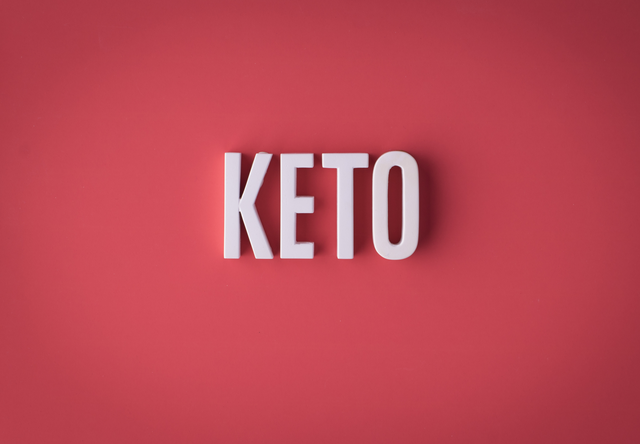
It seems the term “keto” is everywhere these days when it comes to losing weight. There are also many who shy away from the idea due to a lack of knowledge of words that sound dangerous — but are they?
Nutritional ketosis
Ketosis, which is a state where the body produces ketones in the liver is a natural part of metabolism. The body shifts into a state of ketosis when the carbohydrate intake is deficient, or it may occur if the person has not eaten for many hours. Basically, when your body needs energy, and there are not enough carbohydrates present, it will burn fat instead which ultimately leads to the formation of ketones. Over-the-counter test strips can be purchased to find out if your body is in a state of ketosis, or fat burning.
Diabetic ketoacidosis
This condition is entirely different from nutritional ketosis. It is a disorder that can occur in diabetics when they are unable to make insulin. The result is an acid base disorder and a very high ketone level. The key point to remember is that although nutritional ketosis and diabetic ketoacidosis share the common term “keto” they are in no way similar.
Exogenous ketones
Exogenous ketones are ketones supplied through supplementation, such as powders, produced outside the body. The ketones the body produces in the liver are called endogenous ketones. Using exogenous ketones has been shown to have few measurable benefits, but here are a couple of possible uses.
- More efficient weight loss — The ketone esters found in the supplements have been show to possible decrease the hunger hormone ghrelin.
- Improved physical performance — Performing high-intensity cardio or strength training means your body will need sustained forms of energy. Consuming exogenous ketones may help the body induce acute ketosis that can last for hours. This process helps prevent the body from using depleted muscle glycogen stores, as low muscle glycogen impairs sustained physical performance type exercise.
Knowing this basic keto terminology should help you navigate weight loss.

